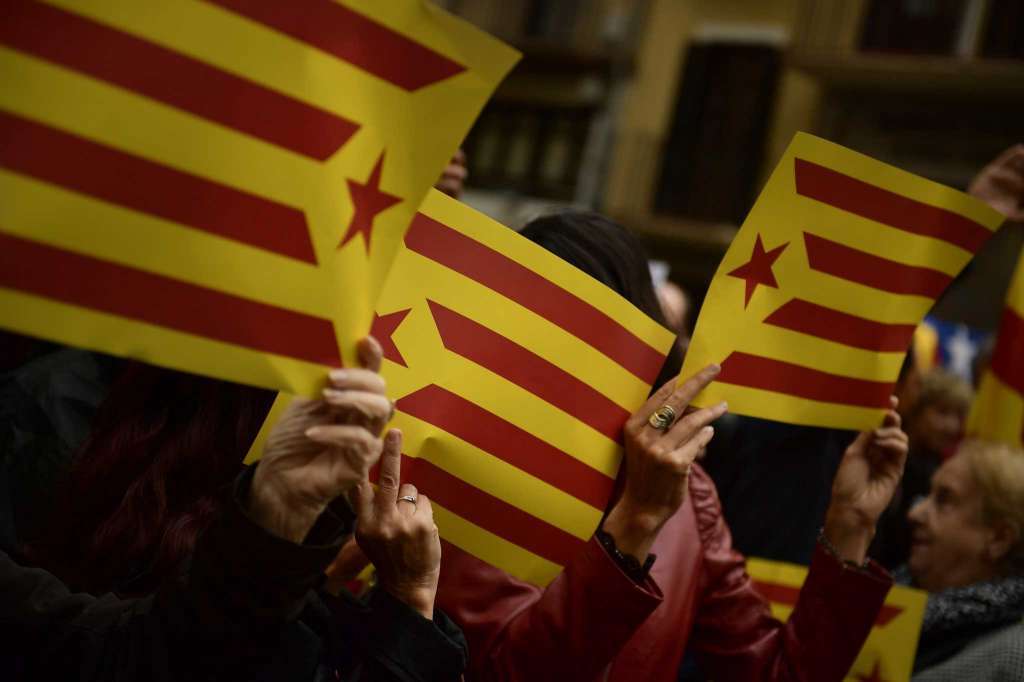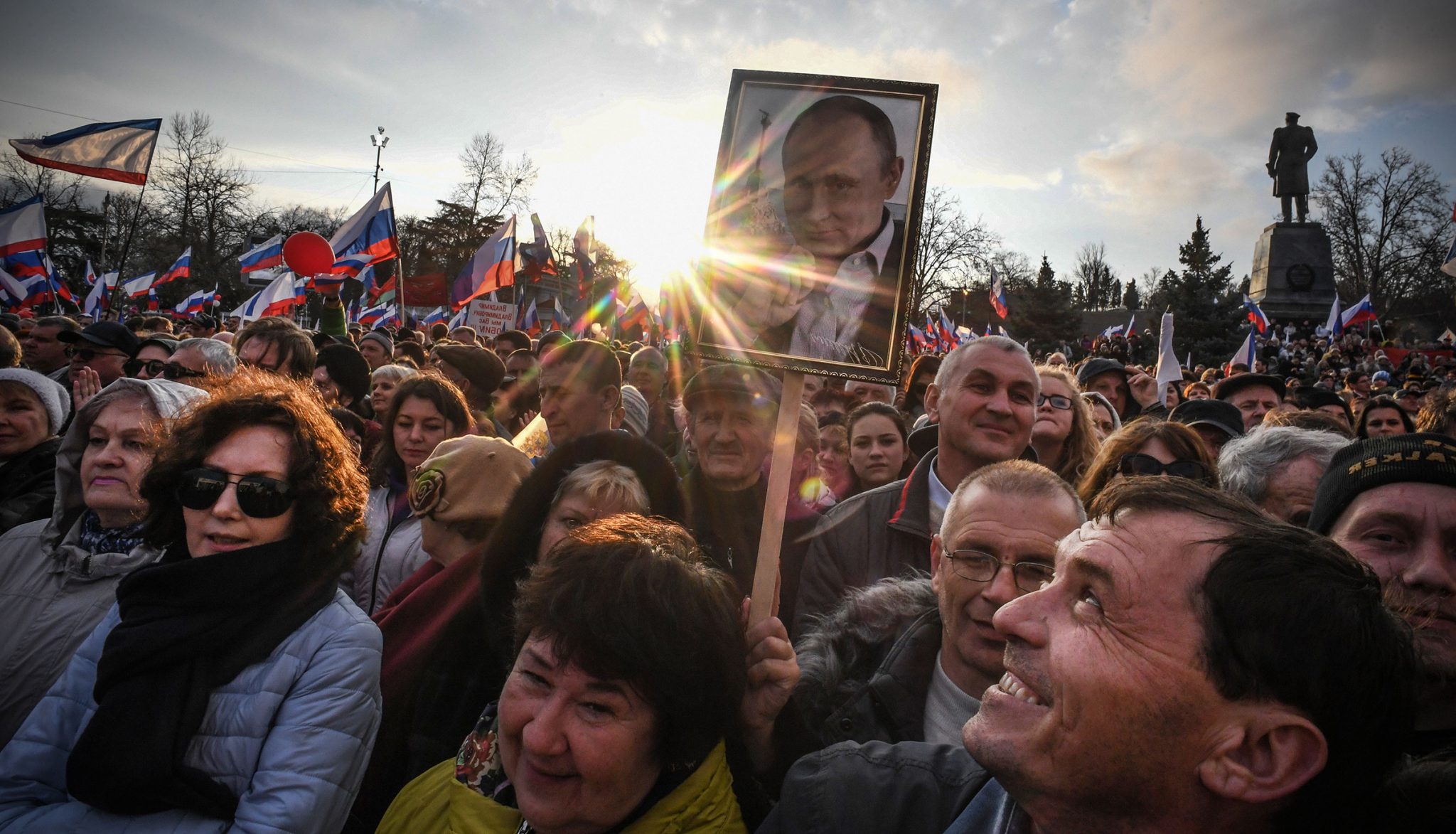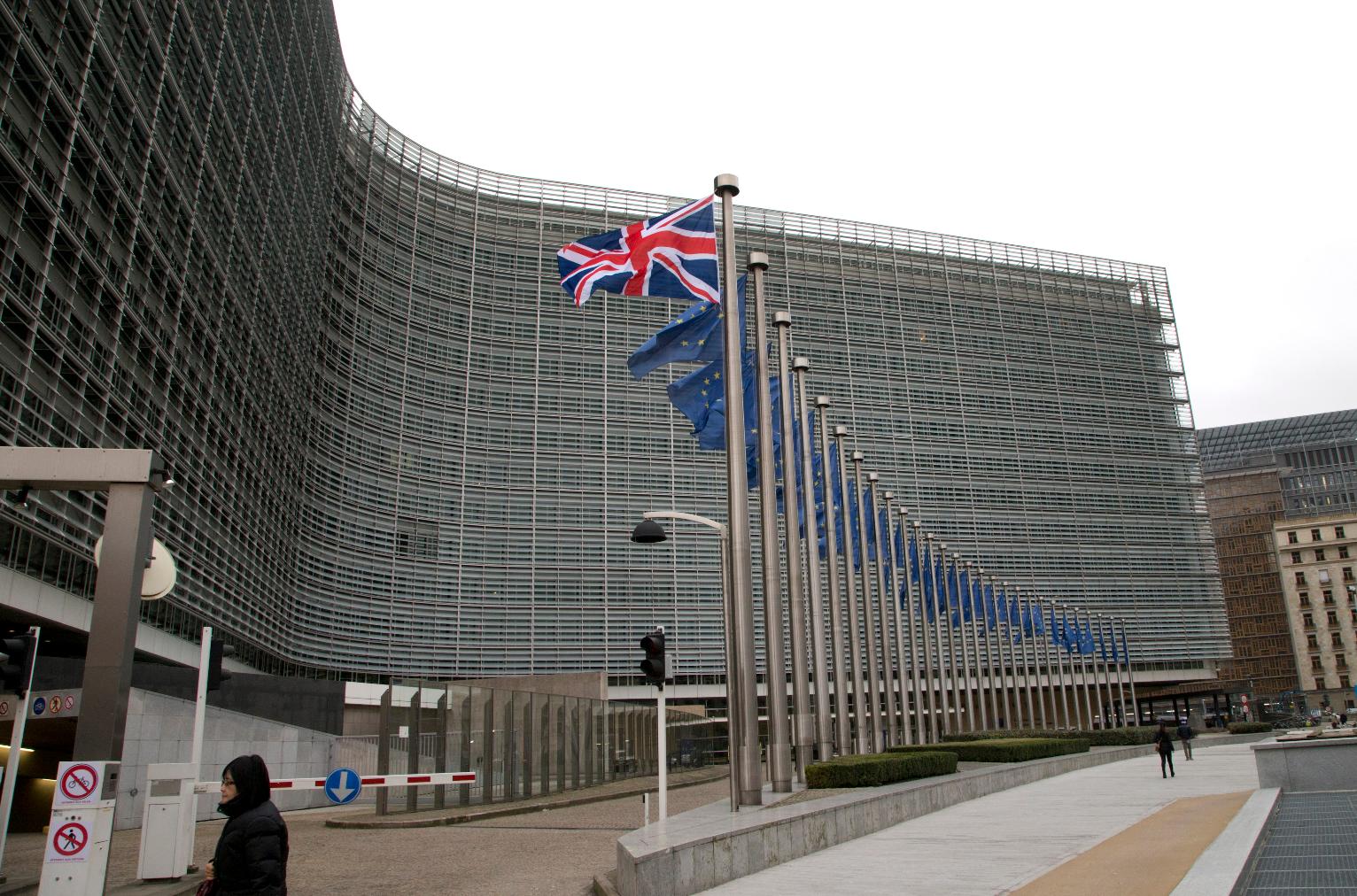
After the alleged interference into the US presidential elections in 2016 and in the French general elections in the past spring, Russian online propaganda has tried to influence the recent Catalan referendum. This accusation was made through a series of articles published by the leading Spanish newspaper El Pais.
The Kremlin’s propaganda army is mainly based of two branches. On one side, there are the government owned media companies Russia Today (RT) and Sputnik. Their role consists in covering news, reporting them with a strong pro-Russian bias. This is also done by creating and publicizing fake news. The news’ resonance is widely enlarged using automated social media accounts known as bots, the second leg of Russian propaganda. On top of that, there is the contribution of some opinion leaders, like Julian Assange or Edward Snowden, who detain ambiguous relationships with the Russian government.
Also in the Catalan case, as El Pais stated, Russian news networks published fake or biased news that were subsequently amplified by their bots. Noteworthy was the incorrect translation of Jan Claude Junker’s statement over the referendum, published by both RT and Sputnik Spanish accounts. In fact, while the president of the European Commission claimed that “If there were to be a ‘yes’ vote in favor of Catalan independence, then we will respect that opinion.”, it was reported on these two media that “The EU will respect the independence of Catalonia.”. The Spanish newspaper does not seem to believe this occurred because of translation or editing errors.
An interesting article on this was published by the Digital Forensic Research Lab (DFRLab) think tank. Researchers found out that RT and Sputnik behaved differently on the matter. While the former published some articles balancing both sides’ views, the latter’s were more pro-independence biased.
Another claim made by El Pais regards Julian Assange’s tweets. Even though the Australian whistle-blower does not appear to be an expert of neither Spanish politics nor its history, his one-sided pro Catalonia tweets were re-tweeted (shared) many times, making him one of the most influential commentators.
Notably, the use of bot was exposed on his tweet calling for international support for Catalonian people. Usually, most of the tweets tend to have a pick of shares several hours after they have been published. However, Assanges’ picked a maximum of 68 re-tweets per minute just minutes after its publication, according to the DFRLab’s report cited before. Only the use of a large number of automated accounts made this possible. Nonetheless, the same document stresses out how not all the involved bots can be traced back to Russian owners.
El Pais also reported on another kind of Russian interference. In the wake of October 1st referendum, Spanish judiciary authorities have blocked several websites containing logistic information and Catalonian electoral roll. Those websites, however, were still accessible due to the work of Russian hackers. In fact, while running these websites from Spain or from other EU countries was illegal, and attempts were set to fail in a short time, this was not the case for Russia and its former Soviet republics.
Finally, even though not all the described propaganda can be ascribed to Kremlin related accounts, the role of the Russian government is unneglectable. According to Brett Schaffer, analyst at the Alliance for Securing Democracy, as reported in another El Pais article, the Russian aims at dividing European countries “in order to slowly undermine Europe’s democracy and institutions”.
Nowadays, through the widespread use of social media, it is easier for states to have a voice in other countries elections. “More and more people are realizing that they can have an influence through social media” claimed Ben Nimmo, the author of the before cited article, in an interview at Politico.



